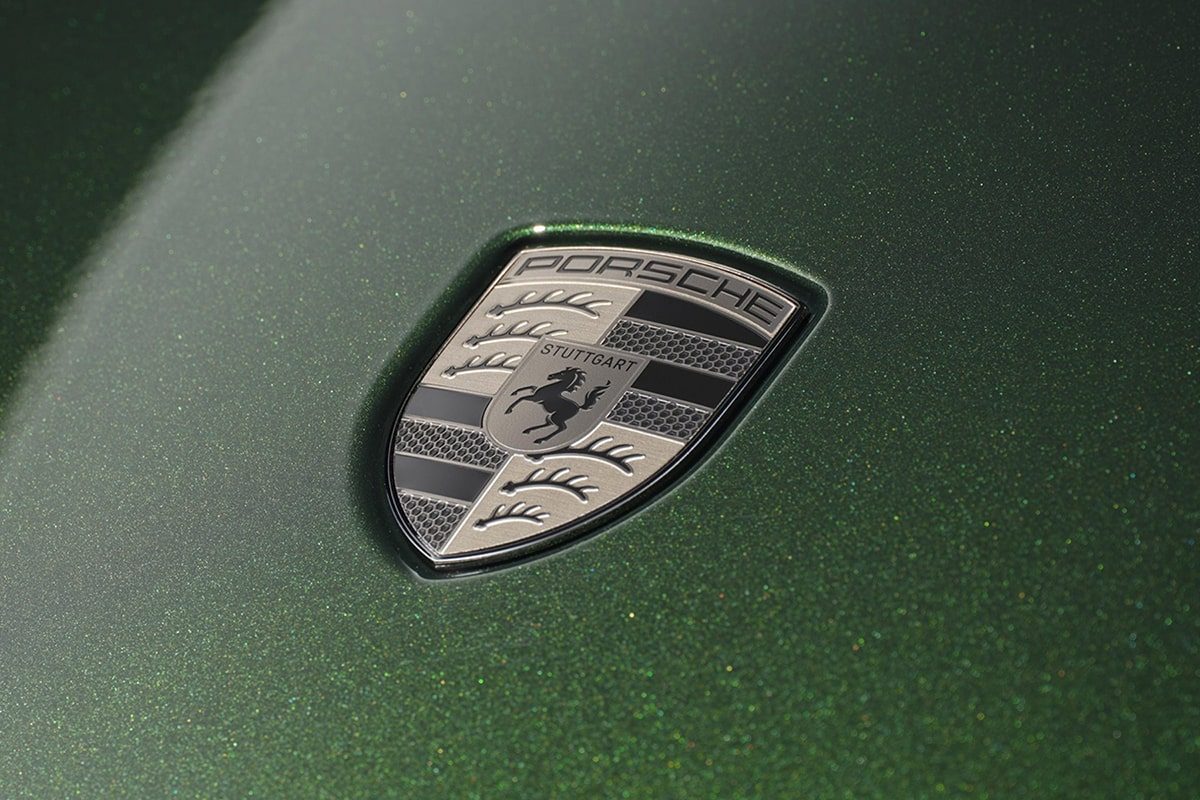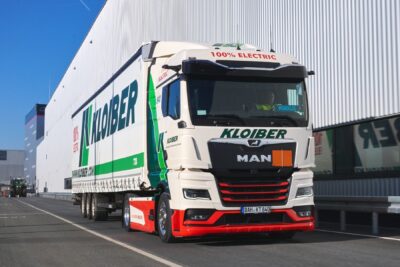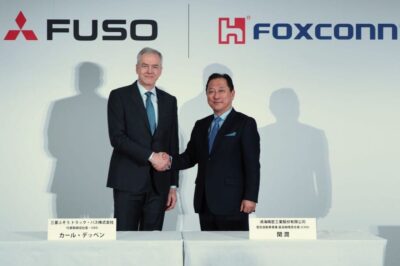Porsche plans new combustion model series
The “final step in the realignment of its product strategy” announced by Porsche on Friday evening carries weight. The Zuffenhausen-based company intends to supplement its product range “by brand-defining vehicle models with combustion engines”. Current combustion models such as the Panamera, Cayenne and 911 (for which an electric version was never planned) will also be available “well into the 2030s.” Porsche adds: “New generations of successor models have been added to the Cycle Plan for these vehicle models.”
The decision has direct consequences for the seven-seat SUV under development internally as K1. The new SUV line positioned above the Cayenne, previously intended as an all-electric model, “will initially be offered exclusively as a combustion engine and plug-in hybrid model due to market conditions.” In other words: the electric SUV becomes a petrol SUV. Porsche says it will “continuously update” its existing all-electric line-up – Taycan, Macan, the upcoming electric Cayenne and the two-door sports cars in the 718 segment. However, the planned new EV platform for the 2030s will be “rescheduled”.
Porsche had already confirmed in February that it would focus more strongly on combustion and plug-in hybrids “to strengthen the company’s profitability in the short and medium term”. That meant not only (further) facelifts of existing series but also entirely new combustion and hybrid models – without naming them at the time. With the K1, for which Porsche has already opened new areas at its Leipzig plant, the first concrete model is now confirmed. It is also clear that the Panamera and Cayenne will each receive another combustion generation, which had not been planned until now.
Question marks over new BEV platform
The unnamed platform that has been pushed back will be “technologically redesigned in coordination with other brands within the Volkswagen Group,” according to Porsche. The company leaves open what that means in detail. Porsche says the move responds to the “significant slower growth of the demand for exclusive battery-electric vehicles” – with the emphasis here on “exclusive”. The statement does not apply to the volume segment of other Group brands. Porsche nevertheless stresses that it will continue to offer “an attractive BEV offering” with current and planned models.
“These decisions build on the previously announced initiatives and help us to achieve a very balanced portfolio. This increases our flexibility and strengthens our position in a currently highly volatile environment,” says Porsche and VW CEO Oliver Blume. “With a convincing mix of combustion engines, plug-in hybrids and battery-electric vehicles, we want to meet the entire range of customer requirements. In the medium term, this approach is intended to support our business model and strengthen our market position.”
The decisions come at a price: having already earmarked €800 million for restructuring its battery operations, Porsche now expects an additional burden on operating profit of up to €1.8 billion in 2025. The company cites depreciation and provisions required by the rescheduling of the new EV platform.
As this figure was not included in earlier forecasts, Porsche has to adjust its 2025 outlook. Revenue is still expected at €37 to €38 billion, but the operating margin is now seen at just two per cent instead of five to seven per cent. The EBITDA margin of the automotive business is expected at 10.5 to 12.5 per cent – again significantly below the already lowered forecast of 14.5 to 16.5 per cent. Porsche maintains its forecast BEV share of deliveries at 20 to 22 per cent.
“With this clear plan, we are recalibrating the company for long-term success in a world with challenging conditions. We recognize that these strategic investments weigh on our short-term financial results – but they are essential,” says new CFO Jürgen Breckner. “These measures will sharpen our brand identity, make our products even more desirable and strengthen our resilience.”
This article was first published by Sebastian Schaal for electrive’s German edition.





4 Comments